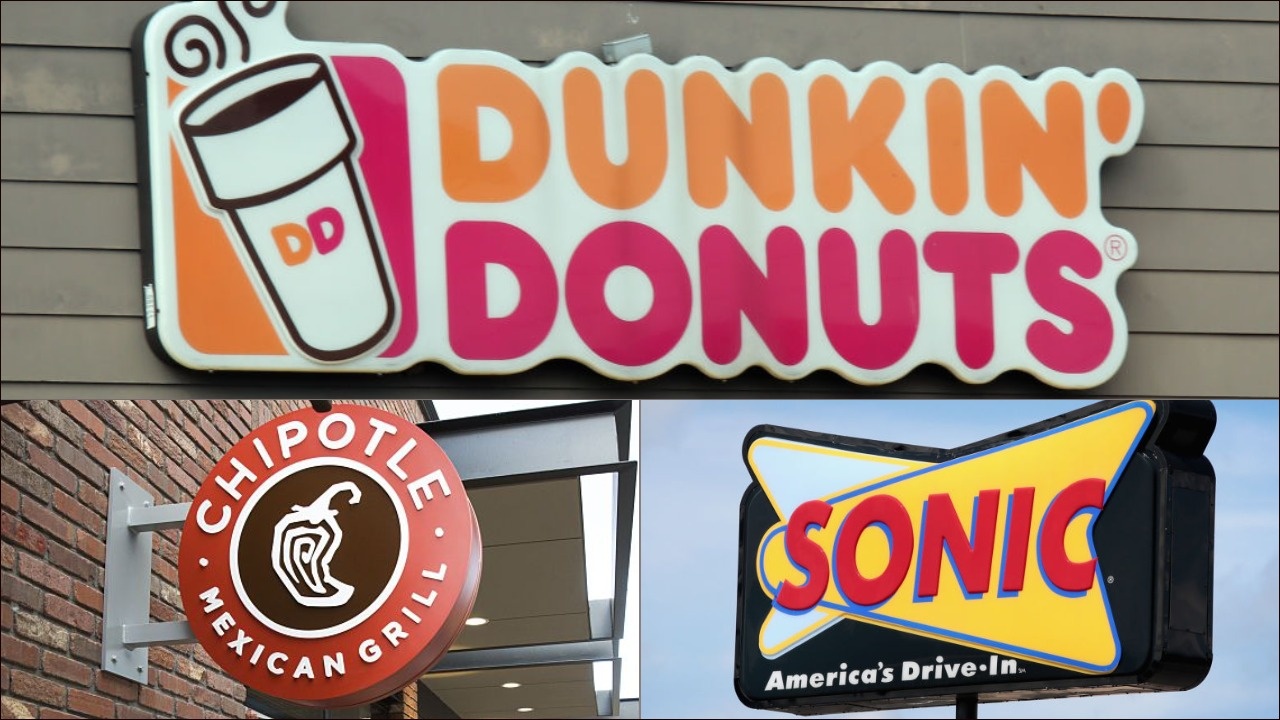Which Restaurant Chains Have The Unhappiest Employees?
Analysts determined which chains might suffer most during the labor shortage
By now, you've probably heard that the restaurant industry has been facing a labor shortage, and hopefully you haven't fallen for the the false narrative that the reason for it is "people just don't wanna work." As we've written about before, one of the primary factors contributing to the labor shortage is that, depending on the employer, working in the restaurant industry can be a lousy way to make a living: unlivable wages, rude (and occasionally physically aggressive) customers, unsafe working conditions, corporate indifference, harassment, high turnover... and the list goes on.
Plenty of restaurant chains are guilty of treating their employees as expendable, but some make workers feel especially worthless. Business Insider reports on a recent analysis conducted by multinational investment bank UBS that looked at wages, benefits, and Glassdoor employee reviews for the nation's major restaurant chains. It found that Dunkin', Sonic, and Chipotle have some of the most dissatisfied workers in the biz, a fact that might prevent these companies from finding motivated workers as the labor market becomes more competitive.
The industry analysis focused on five categories—fast food, fast-casual, pizza, coffee, and casual dining—and tracked data from 2019 to 2021 to gather a full picture of the industry before, during, and after the pandemic. Full-service employees had higher satisfaction scores than fast food workers, which is not surprising considering it's possible to make a decent wage at chain restaurants if they're continually busy and servers are blessed with good tippers, while fast food workers' wages hover around the bare legal minimum.
A surprising reveal: overall, worker satisfaction is actually higher than it was pre-pandemic, but this could be because there are significantly fewer workers to survey. (Last month, the Washington Post estimated that there are 1.7 million unfilled jobs in the restaurant industry.) In April, 5.6% of restaurant workers quit their jobs, a statistic that Business Insider reports is not only an all-time high for the beleaguered industry, but double the quit rate of the entire economy.
A major reason for this industry exodus: after being furloughed for much of the pandemic, many restaurant workers decided to look for better, higher paying jobs that don't involve customers trying to fight them. When a company treats its employees as if they're disposable, it shouldn't be all that surprised when those workers don't come back for more of the same.
